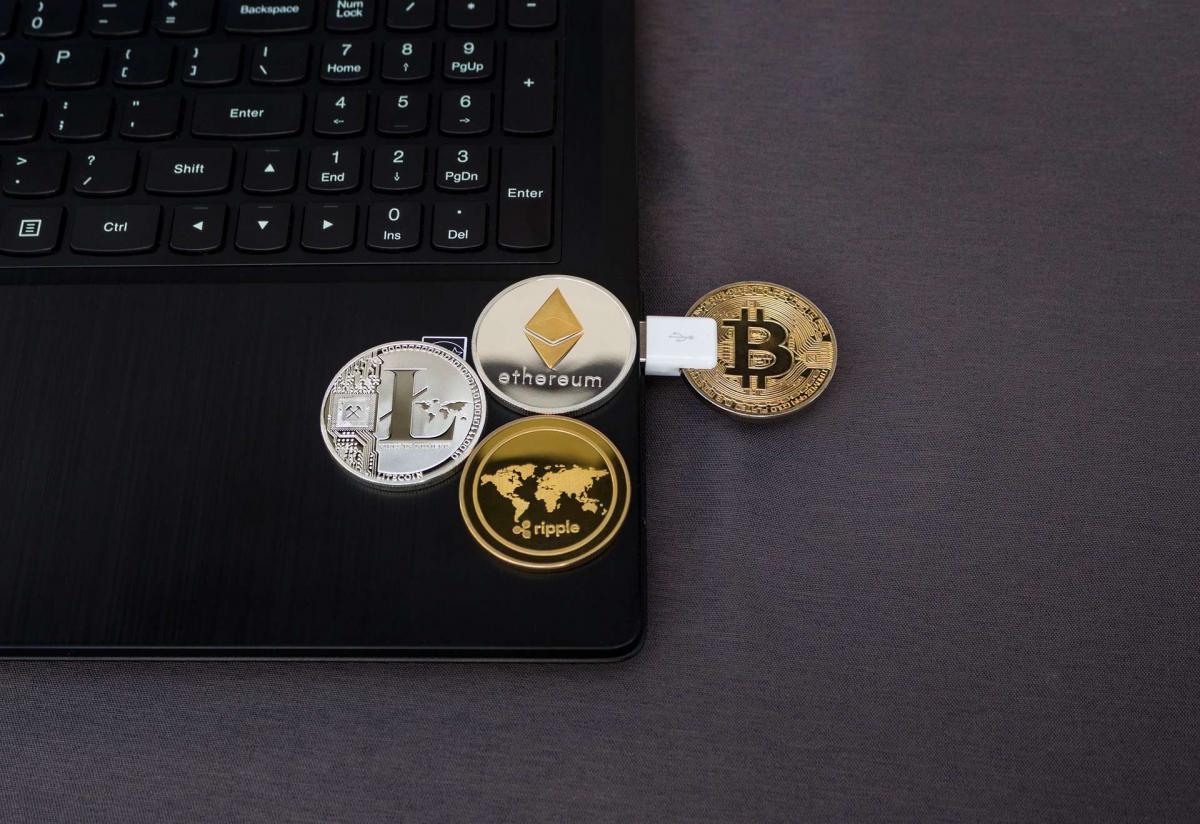Tanzeel Akhtar has written a story for BraveNewCoin in which she discusses the availability of distressed digital exchanges as a means by which large companies can cheaply gain their own toeholds in the cryptocurrency world. Surely, risk arbs in the world of alternative investment will find this paper a valuable read. If they are not already developing plays on this trend, they ought to be.
The cryptocurrency world has witnessed, as Akhtar says, “a number of crypto exchanges get hacked and collectively lose billions to cyber thieves.” This can have a number of outcomes: the exchanges can simply disappear, they can "hobble on,’" or they can become part of a larger whole. They can do the second for a long time before they do the third. Sometimes the larger whole is a listed company.
Some Examples
Mt. Gox notoriously lost 850,000 bitcoins in February 2014. By the final months before that disaster it had been handling 70% of all BTC transactions worldwide. But that April it was forced to liquidate.
Bitfinex became the largest BTC exchange after Mt. Gox eliminated itself from that league table. But Bitfinex suffered a similar hack attack in the summer of 2016, losing $72 million worth of customers’ assets (120,000 bitcoins). Bitfinex is still around, although with what Akhtar calls a “scarred reputation.” An ongoing controversy over money laundering has been of no help at all in healing those scars.
Why might a Bitfinex, or another platform in an analogous situation, be a good target for acquisition? Because the difficulties can thoroughly discredit the incumbent management, leaving customers and investors on the lookout for a more competent, trustworthy, andor security conscious team.
Earlier this year, Coincheck, a bitcoin exchange that has served as a payment-processing solution for the entertainment company DMM, was also victimized by a hack, one that stole about $500 million worth of crypto assets. In April, Coincheck was acquired by a brand-name Japanese financial services company the Monex Group.
The fact that the acquirer is a brand name in Japan is an important one: an established brand can pump credibility back into a crypto exchange that has lost that critical success factor.
Languishing for Four Years
A somewhat different case (because of the long wait between collapse and acquisition) is presented by the history of Poloniex. Poloniex was founded in January 2014 and suffered its hacker attack only two months later, losing more than 12% of the bitcoins it held. It languished as damaged goods for four years, and this February it was at last acquired by Circle Internet Financial, which is a closely-held firm backed by the Goldman Sachs Group.
Akhtar quotes Charles Thorngren, a close observer of Wall Street’s recent moves into the crypto space. Thorngren says: “When the likes of Goldman Sachs buy out an exchange they are looking at two things: the fees exchanges charge and the positioning of themselves in assets that have the potential to skyrocket in value. The recent pullbacks are the primer that is needed for financial firms to step up and take management control.”
A Halo Effect
Stock analysts have long recognized (even without the permission of market-efficiency theorists) various “halo effects” and the consequences they can have for a stock price.
In the 1990s, for example, people used to talk about the “dotcom effect.” A company that had nothing at all to do with the internet could seemingly incite a jump in its stock price by adding “.com” to its name. Now, people talk in the same tones about the blockchain effect. Companies announce an ICO, or a blockchain project or acquisition, or just manage to get the word “blockchain” into a press release, and they experience a valuation bump.
Long Island Iced Tea Corp rebranded itself Long Blockchain Corp., and saw a 289% increase in its stock price. It hasn’t been able to provide any persuasive account of why it now sees itself as a blockchain company,. At one point it said that it was buying bitcoin mining equipment, but soon backed off of that claim. Both Nasdaq and the SEC have, understandably, expressed unhappiness with that rebranding under the circumstances. But … actually acquiring a cryptocurrency exchange is one way in which a buyer can take advantage of the blockchain effect without engaging in a suspicion-provoking gimmick.
Akhtar’s point is a specific example of a broader insight often attributed to Warren Buffet: “Be greedy when everyone is fearful.” A hack attack on a crypto platform can inspire a lot of fear, and that nay be the perfect time to get greedy.




